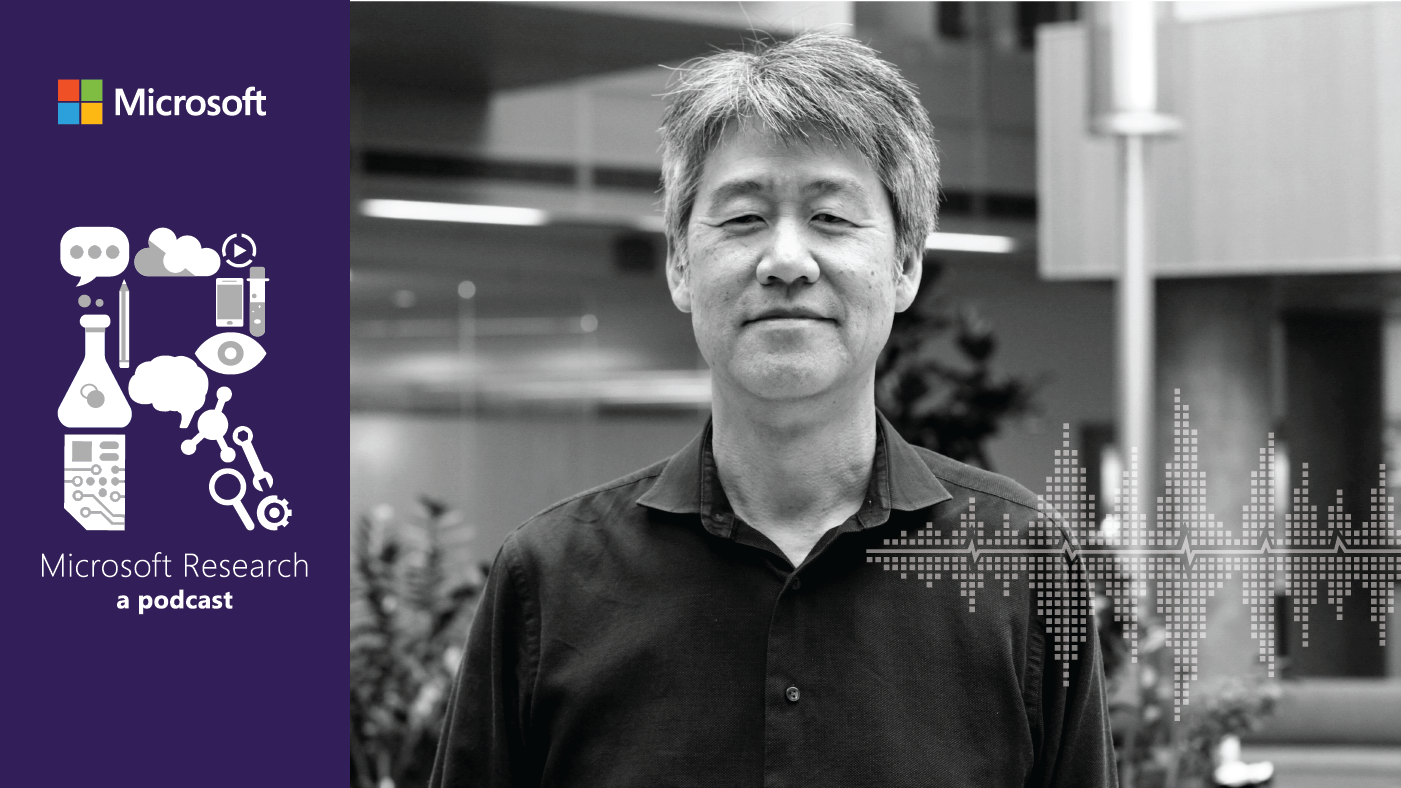
Emotions make us human. Researchers at The Alan Turing Institute in the United Kingdom (opens in new tab) are using artificial intelligence and machine learning to push the state of the art in data science to better understand what makes us happy, angry and frustrated (opens in new tab).
“Our research seeks to try and measure aspects of the world that we, as humans, are hugely aware of but that traditionally we’ve had near to no numbers on,” says Suzy Moat, an associate professor of behavioral science at Warwick Business School and a Turing Fellow.
Microsoft Research Podcast
For example, many people believe that the environment they spend their time in profoundly impacts their day-to-day well-being. Until recently, however, scientists lacked the data to test this hypothesis, Moat explained. Now, the world is awash in data along with the computing resources to quantitatively analyze what settings make people happy.
“We found that people are happier in more scenic environments, even after controlling variables such as the weather, activities, local income, and, crucially, whether a setting is natural or urban,” says Chanuki Seresinhe, a computational social sciences researcher at The Turing. “Our results offer evidence that the aesthetics of the environments that policymakers choose to build or demolish may have consequences for our subjective well-being.”
Seresinhe’s findings are based on data she gathered from the smartphone app Mappiness, which maps happiness across space in the U.K., and crowdsourced ratings of the “scenic-ness” of photographs taken all across England from the online game Scenic-Or-Not.
Seresinhe analyzed three years of happiness measurements from more than 15,000 people, combined with nearly a million ratings of the scenic-ness of more than 100,000 locations in England, mapped to a 1-kilometer resolution. By using Azure GPUs (Graphical Processing Units) to run her deep learning models, she saved months of time.
“I originally did my image processing on my own computer, taking months to do what now takes just days,” she says. “But being able to correlate large, unstructured data sets using Azure is helping me really push out the horizons of my investigations. That’s huge.”
Merve Alanyali is a computational social science Ph.D. candidate from University of Warwick who is spending a year at The Turing. She uses online images to analyze social behavior in a language-independent way. For example, she developed a convolutional neural network machine learning model to detect if a photo posted to social media was of a protest or not. To understand how protests spread across the world in 2013, she deployed the model to analyze 25 million online images on social media using Azure Batch Shipyard (opens in new tab), which makes it easy to distribute the processing across hundreds of machines using Docker containers.
“My image processing would have taken 10 months on a local machine, but with Azure Batch Shipyard, it only took a week,“ Alanyali says. “These time savings have enabled me to think even bigger, like analyzing images from other years as well. It also means other researchers can use our approach economically for other social science investigations.”
This research is pushing the boundaries of how we can use online data to measure human behavior. The U.K. Office for National Statistics is partnering with The Turing (opens in new tab) to see how these techniques can be used to tackle real world challenges faced by society today.
“Alongside our colleagues at the Office of National Statistics, we have investigated whether we can use data from the internet to reduce delays and reduce costs in measuring human behavior in the world right now,” says Tobias Preis, a professor of behavioral science and finance at Warwick Business School, and a Turing Fellow. “We found that this rapidly accessible and low-cost information extracted from photographs online can help us to estimate how many people are coming to a country, throughout the year around the globe.”
Microsoft is thrilled to empower the diverse and talented team of researchers at The Turing through $5 million in Microsoft Azure cloud computer credits awarded in 2016, (opens in new tab) and looks forward to seeing how the growing research team (opens in new tab) continues to change the world through data science.
Learn more:
- The Alan Turing Institute, UK (opens in new tab)
- Microsoft accelerates data science at The Alan Turing Institute with $5m in cloud computing credits (opens in new tab)
- Azure Big Compute and HPC (opens in new tab)
- Azure Batch Shipyard (opens in new tab)
- Data Science for Research (opens in new tab)
- Open source at Microsoft (opens in new tab)
- Microsoft Azure for Research (opens in new tab)
- Microsoft Azure (opens in new tab)





